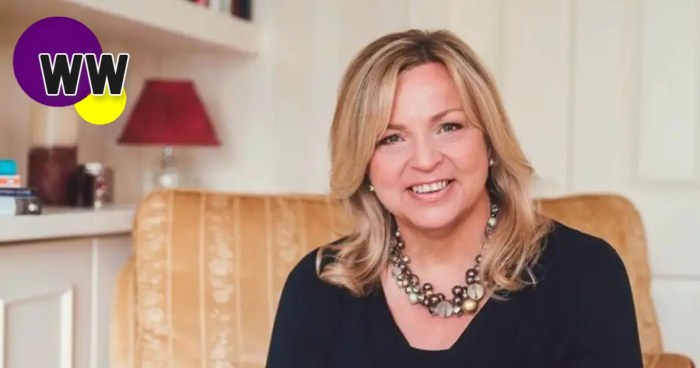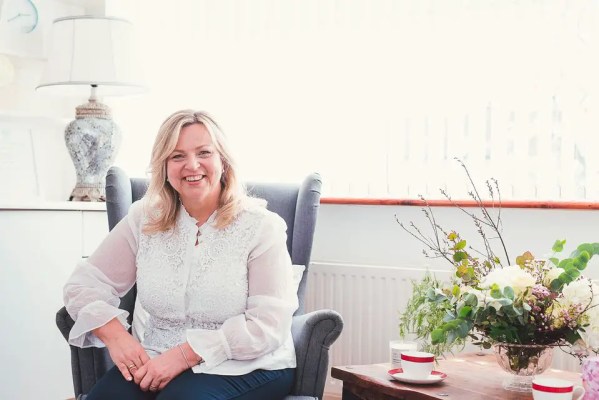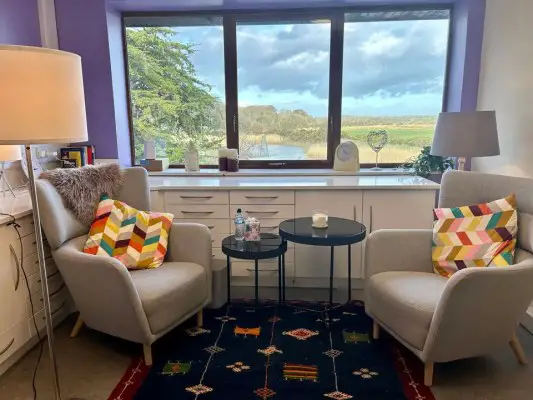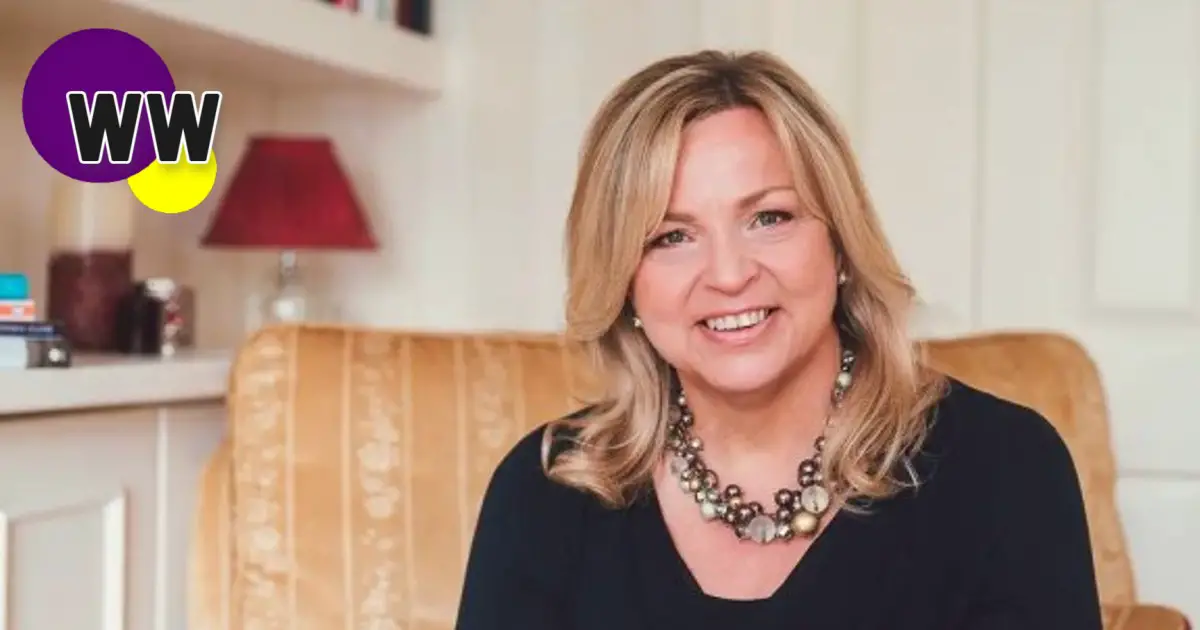
A new counselling centre, namely Susi Lodola Counselling, officially opened up in Wellingtonbridge in Wexford earlier this month…
We caught up with Susi, who runs the centre, to discuss her motivations behind opening the centre in Wexford, the major struggles that people are facing in today’s world, and how her counselling treatments work.
Speaking to Susi, we were immediately interested why she chose to set up the service in Wellington Bridge, Co. Wexford.
“Setting up my practice in Wellington Bridge was motivated by the clear need for services in the area for adults and teenagers. By offering services in Wellington Bridge, the aim is to make psychotherapy more accessible to those who might otherwise have to travel long distances for help. It’s about bringing care closer to home and providing a welcoming space where people can work on their mental health with professional support,” she said.
Counselling is not just for people in one age bracket or for one gender. There are people from all ages and all walks of life that use her services:
“In my practice, I work closely with adults and teenagers who are struggling with life’s hurdles, like depression, anxiety, stress, or figuring out where they’re headed. Generally, the main issues that people come to me with are anxiety and depression. These are broad categories that can encompass a lot of different experiences – from constant worry and panic attacks to persistent low moods or feelings of hopelessness. Stress is another big one, often related to work, relationships, or just the pressure of daily life.
“Many clients are also trying to find their way, feeling a bit stuck or uncertain about their future, whether it’s their career path, personal goals, or relationships. Then there’s the range of specific phobias, social anxiety, and dealing with major life changes or loss. It’s a mix, really, but all of it comes down to people wanting to feel better and find a way to move forward in their lives.”
“Alongside offering therapy, I also mentor up-and-coming therapists and those already in the field, providing clinical supervision. It’s about passing on knowledge, shaping good practice, and ensuring we all offer a top-notch helping hand to those in need.”
Beside seeing clients in Wellington Bridge, Susi also lectures at IICP college in Dublin, training future therapists.

There are still some people in today’s world who remain somewhat critical of counselling services, but Susi’s treatment is grounded in academic research and evidenced-based approaches that yield results:
“Treatment in my practice is grounded in evidence-based approaches and informed by my extensive training in Psychology and Psychotherapy. Each treatment plan is unique, tailored to the individual needs of the client. I draw on various theories such as CBT, Mindfulness, Motivational Interviewing and Compassion Focused Therapy”.
“We can break down the treatment process into three distinct phases,” she said.
“In the first one or two sessions, we chat about what’s bringing you to therapy, what symptoms you’re experiencing, when they started, and when they’re at their worst. I love hearing real-life examples, they really help paint the picture. I will also ask you to complete some forms which will give me an insight into your psychological well-being before we start our work together. Based on what your concerns are, I take some time to explain a bit about what’s going on in your mind and how therapy will help you. This phase lays the groundwork and helps the client understand how therapy can help them.”
“The second phase focuses on implementing therapeutic interventions tailored to the client’s unique needs and the specific condition they are addressing. Drawing from a variety of evidence-based techniques, such as Cognitive Behavioural Therapy (CBT), Mindfulness practices, I equip the client with practical tools and strategies rooted in research. Together, we explore various aspects of their lives, addressing underlying patterns of thinking, feeling, and behaving that contribute to their symptoms. This phase is collaborative, with the client actively participating in their healing journey.”
“The third and final phase involves completing therapy and preparing the client for life beyond therapy. We work together to consolidate the progress made during treatment and develop a relapse prevention plan to help maintain their well-being moving forward.”

One aim for people attending counselling sessions is to become better, more content, and to have the ability to deal with the many problems that life often throws at people. When asked if people who attend her services leave in a better place, she stated:
“Most clients do start to feel better after attending sessions. It’s always a good idea to give it about six sessions and then check in on how things are going. Research even shows that therapy can be at least as effective as medication for many psychological issues, which is really encouraging. During our sessions, we’ll use some straightforward tools to measure if symptoms are improving, ensuring that you’re not just feeling better in the moment, but that we’re making lasting changes. It’s a collaborative process, and we’ll review everything together to make sure the therapy is tailored just right for you.”
Susi recognises that there is not a one-size fits all approach to counselling, as all people are unique:
“In my practice, I firmly believe in the strength of teamwork between therapist and client. Therapy isn’t a one-size-fits-all solution, as each person brings their own unique experiences. That’s why I see therapy as a partnership, where the client plays an active role in their journey toward healing.”
“I view therapy as a dynamic process, where we regularly assess progress, explore new insights, and adjust our approach as necessary.”
“Ultimately, my aim is to equip clients with the tools, knowledge, and confidence to become the architects of their own mental health journey. By fostering a collaborative therapeutic relationship based on trust, respect, and mutual understanding, I strive to create a nurturing environment where clients can explore, heal, and flourish,” Susi told Wexford Weekly.
Booking an appointment to attend a session cannot be easier either, as her centre offers both in-person and online bookings.
“My practice welcomes both online and in-person bookings. The online option extends my services to clients who might be in other areas, not just limited to Wellington Bridge, making it easier for those who can’t travel or prefer the comfort of their own space. This flexibility ensures that everyone has access to support, no matter where they are.”
Susi is a fully accredited Psychotherapist with the IACP and a graduate member of the Irish Psychological Society.
To find out more information about Susi Lodola Counselling or to book a session with Susi Lodola Counselling, you can follow their Instagram or check out their website on: https://susilodolacounselling.com/



